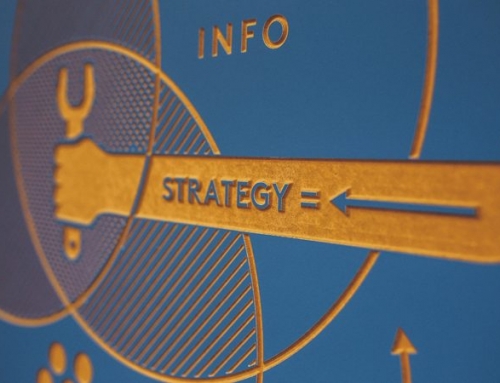The world is experiencing a situation that has never been recorded in human history and people are understandably feeling anxious, unsettled and ill at ease. Though marketing will still need to take place during this time, the language you use when communicating with potential customers and clients will need to be adjusted to reflect the situation. In this article we discuss some of the dos and don’ts of using marketing language in times of global economic crisis.
Don’t
Try to use the hard sell
This technique ran its course some time ago anyway and other than carefully constructed, ironic or satirical approximations of the classic 1950s hard sell technique, it is rarely used in the modern day. When people feel overly pressured to buy something from a company they feel are trying to bully or intimidate them, they simply switch off and look elsewhere. This is definitely not the right time to brow beat your potential customers in to buying your products or using your services.
Make edgy jokes unless you know you can get away with it
In certain industries, especially those aimed at adults, young professionals and teenagers, making light of serious issues for the sake of generating a quick laugh is often par for the course. Though this may work well in times of stability, people are generally a lot more sensitive in times of global crisis, so make sure you tread carefully. Offending your customers will rarely do you any favours and trying to be edgy or challenging while people are struggling to find enough money to pay for the basics will seem misguided and potentially callous.
Bombard People with “offers”
Everybody knows that times are very tough, especially for smaller or independent businesses in niche areas, but this is not an excuse to send out a volley of repetitious emails begging for some custom. By all means, stay in touch with your clients in the usual ways, but don’t be fooled in to thinking that sending several emails per day will encourage them to spend any more money with you than they usually would.
Use urgent language to encourage engagement
This well-worn technique can be very effective when people have money to spend but using email titles such as “time is running out” or “act now” will simply increase the levels of anxiety and panic that people are already feeling. Make calls to action subtle and try to avoid presenting information as if you are shouting or trying to cajole people in to making decisions. This is a difficult time for everybody, and your campaign language should reflect that.
Make false promises or use vague messages
In times like these, people often look for comfort in the things they buy. Especially when it comes to things like medicines, foods and entertainment. Promising more than you can actually deliver or using language that suggests you can offer something that is not actually available is underhanded and wrong. Though you may enjoy a spike in trade initially, techniques like this will inevitably come back to bite you in the future. Always be honest about what you have on offer and never make false promises to your customers.
Do
Acknowledge the situation
The global pandemic cannot be treated like an “elephant in the room” and trying to carry on as normal will make your business seem naïve and ill informed. Though you don’t need to focus too much on the negativity, you will need to address the impact that the covid-19 outbreak has had on your business. Talk about how you plan to cope with the situation, what you are doing to help and reassure your customers that you intend to get back to normal as soon as you possibly can.
Use reassuring and positive phrases wherever possible
The tone of the media has been sensationalist and negative for some time, meaning people are particularly attuned to absorbing negative messages these days. Go against this trend by avoiding sensationalist language and making a conscious effort to use positive and reassuring phrases wherever possible. Instead of talking about “catastrophic losses” consider substituting this with something like “significant challenges.” It may be slightly vague to some people, but it creates a more optimistic tone in the long run.
Be Human
Talking about how you and your staff are feeling at the moment can be a great way of connecting with your customers. Though most people understand that businesses exist to make money, they will generally appreciate an element of human emotion in the language you use. Just remember to be genuine as trying to be too familiar or over emotional can make your message seem to shmaltzy and even a little disingenuous. Think about how you would speak to a friend or family member and employ the same kind of direct, honest approach, adding an extra layer of professionalism if possible.
Talk About the Future
For many businesses, operations have ground to a halt completely and there isn’t really much they can do until this situation has been resolved. Instead of focusing on the negative, try to remain upbeat and talk about how to plan to move forward in the future. It would make sense to keep time frames and dates as vague as possible while the world leaders work out exactly when the lockdown will end, but talking about any plans you have for new ventures and projects could be a great way of keeping your existing customers engaged. You may even be able to attract a few new ones.
Summary
The language we use in marketing matters. At times like this, we have a responsibility to make the messages we send out to customers and clients as positive, clear and encouraging as possible. Not only does this boost morale, it also helps to maintain and improve the overall image of our brand, which in turns fosters a sense of trust and positivity within the minds of the audience.






